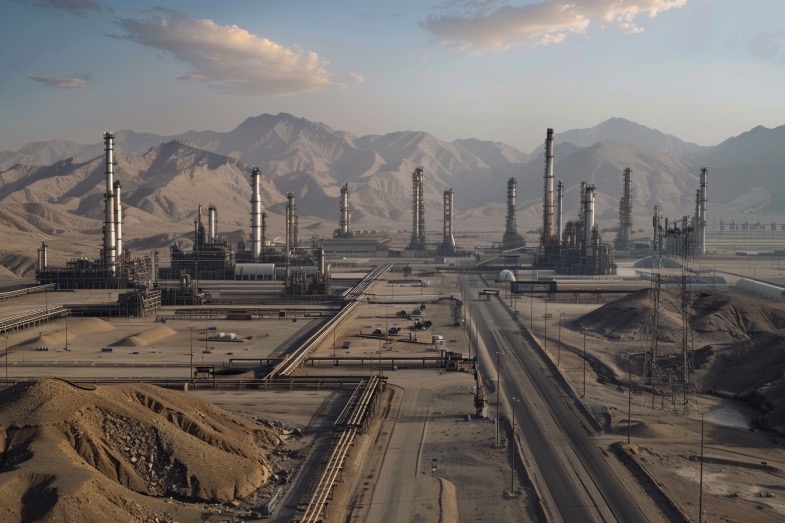President Xi Jinping Makes Surprise Visit to Tibet
LHASA — In a bold move, President Xi Jinping made a surprise visit to Tibet, addressing a crowd of 20,000 people to commemorate 60 years since China established the autonomous region following its annexation.
On just his second presidential visit to the tightly-controlled region, Xi commended the local government for their efforts in combating separatism, a nod to the long-standing Tibetan resistance against Beijing.
The visit to Lhasa, situated at a high altitude which could pose health risks for the 72-year-old leader, indicates his determination to assert his control over the region.
Notably, Xi did not mention the Dalai Lama in his published remarks, the Tibetan spiritual leader who has been in exile in India since 1959.
“To govern, stabilize, and develop Tibet, the first step is to uphold political stability, social stability, ethnic unity, and religious harmony,” Xi emphasized in an official summary of his speech.
His visit comes shortly after the Dalai Lama announced that his own office, rather than China, would select his successor, a move contested by Chinese authorities who claim the exclusive right to make that decision.
While the 90-year-old Dalai Lama has advocated for genuine self-rule within China as a solution for Tibet, Beijing views him as a separatist.
China asserts that Tibetans have the freedom to practice their religion, but critics argue that Beijing is gradually eroding their cultural identity.
Monks at a Tibetan monastery in Sichuan province told the BBC in June that Tibetans were facing human rights violations and continued oppression by the Chinese Communist Party (CCP).
Beijing refutes claims of human rights abuses, stating that the standard of living in Tibet has significantly improved under Chinese governance.
The CCP established the Tibet Autonomous Region, also known as Xizang, in 1965 following a failed uprising against Chinese rule.
Xi’s unexpected visit dominated state media coverage, with images of him being warmly received by Tibetan performers and crowds splashed across newspapers and TV broadcasts.
During his meeting with local officials and senior CCP members, Xi promoted economic, cultural, and personnel exchanges with Tibet, as well as the promotion of a national common language and script.
The CCP’s goals for Tibet include ensuring stability, fostering development, preserving the environment, and strengthening borders, according to Chinese state media.
New regulations introduced by the CCP require Tibetan children to attend Mandarin-language state schools, reflecting efforts to assimilate them into mainstream Chinese culture.
Xi also stressed the need for stricter oversight of religious affairs and the adaptation of Tibetan Buddhism to align with socialist principles.
Furthermore, the construction of the Motuo Hydropower Station in Tibet, set to become the world’s largest dam, began recently, sparking concerns about its impact on the region’s ecology and neighboring countries.
With an estimated cost of $167 billion, the dam aims to enhance local prosperity while potentially giving China greater control over the Yarlung Tsangpo river, which flows into India and Bangladesh.



